The Ministry of Commerce is encouraging local governments to hold debut performances, exhibitions, and distinctive events in various forms and formats. For shopping, key pedestrian streets, commercial complexes, shopping malls, supermarkets and outlets have been encouraged to launch promotions and high-quality new products, according to a document on organizing the "Shopping in China" series of events.
In addition, various provinces and cities are being encouraged to hold activities such as food markets, culinary exchanges and expos of food ingredients, as well as launch high-quality tourist routes and travel consumption guides, organize cultural performances, high-level sports events and museum exhibitions, the guideline said.
China's consumption market has seen steady growth.
In the first quarter, total retail sales of consumer goods in China reached 12.47 trillion yuan, up 4.6 percent year-on-year. The catering revenue came in at 1.4 trillion yuan, growing 4.7 percent on a yearly basis, said the National Bureau of Statistics.
Foreign companies are optimistic about the Chinese market, and domestic enterprises are strengthening their operations in China, tapping into new growth points within the vast domestic consumption market.
Sun Liye, vice-president of United Aircraft, emphasized the emergence of the low-altitude economy as a new growth point following the development of electric vehicles, with the potential of topping the globe in the coming years.
The low-altitude economy, which encompasses economic activities conducted below an airspace of 1,000 meters, including drone logistics, low-altitude tourism, aircraft manufacturing and flight training has been included in top-level policy designs in recent years.
The promotion of the low-altitude economy policies has further ignited enthusiasm for low-altitude flights, propelling rapid growth across the entire industry chain. The Civil Aviation Administration of China has previously forecast that the market size of the nation's low-altitude economy could reach 3.5 trillion yuan by 2035.
Sun said the industry's rapid development has also driven advancements in logistics, emergency rescue, agriculture, and other industries, catering to rapidly varying consumer demand.
Wang Zhao, COO of EHang, said the company's customers mainly consist of government bodies and companies in the cultural and tourism sectors.
"But personal ownership of aircraft or taking eVTOLs (electric vertical takeoff and landing aircraft) as 'air-taxis' is not far off. It is important to establish hubs for automatic recharging, maintenance and storage of aircraft, facilitating wider coverage of aircraft operations," he said.
While some enterprises face challenges due to the so-called "reciprocal tariffs" imposed by the United States, Chinese trading firms are actively exploring the potential of the domestic market to alleviate business pressures.
Vice-Minister of Commerce Sheng Qiuping emphasized during the expo the increasing complexity and uncertainty of the external environment, which has impacted industrial chains and exerted pressure on foreign trade.
Sheng said China has been the world's largest goods trading nation for eight consecutive years. He added that measures will be rolled out soon to aid trading companies to tap the domestic market to withstand external trade pressures.












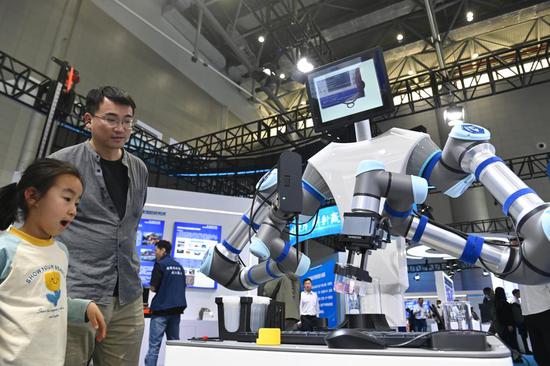
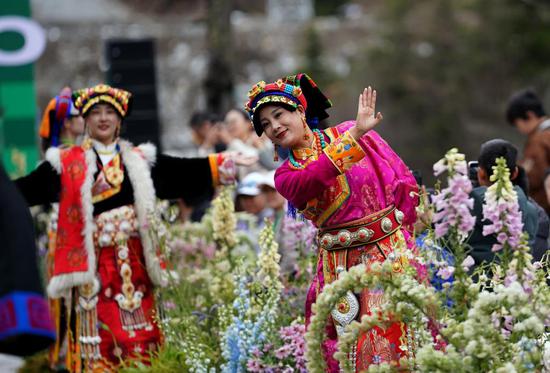





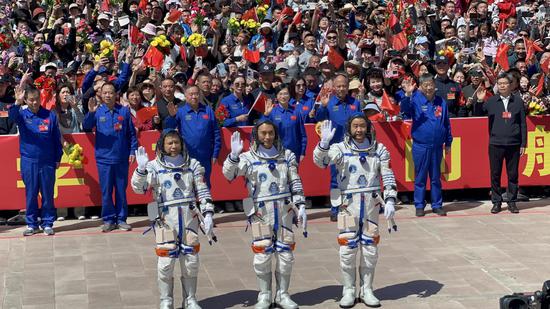

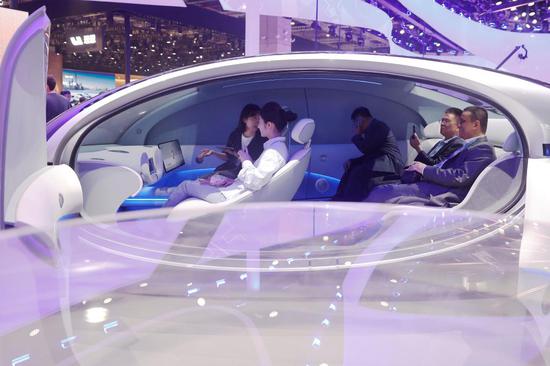

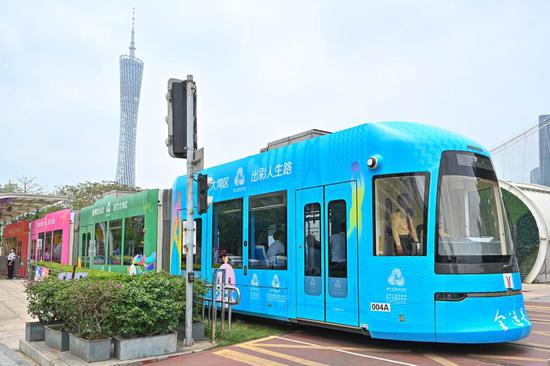



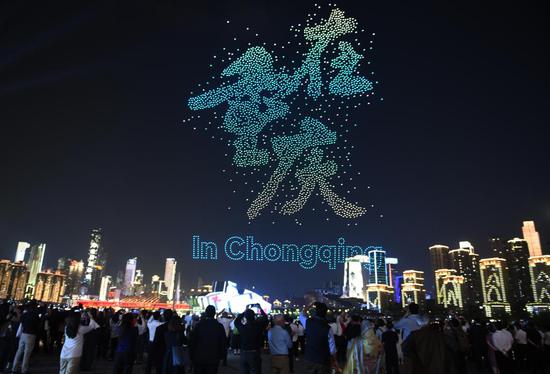






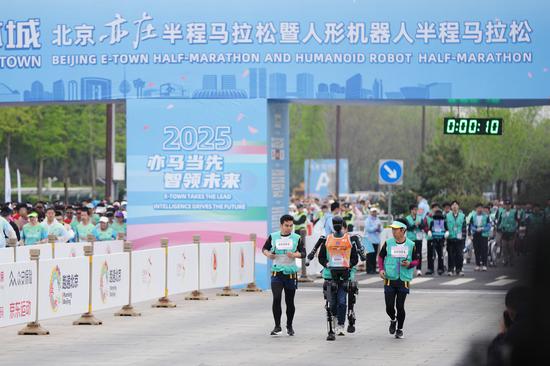
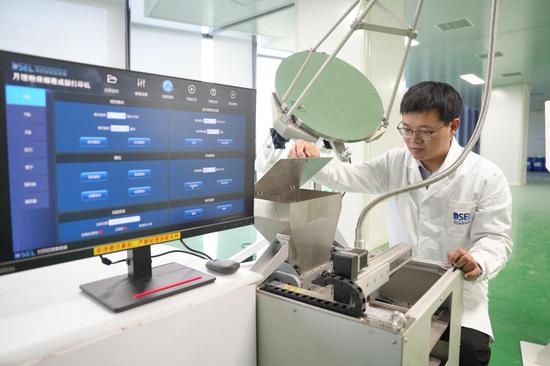
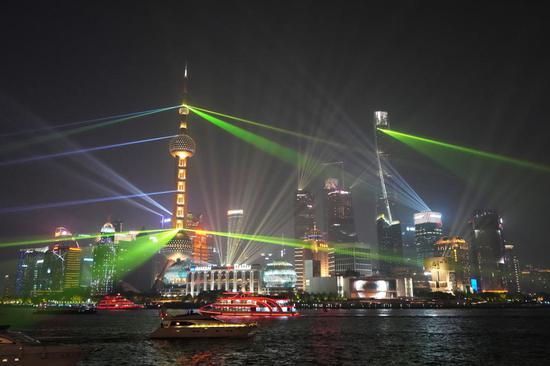
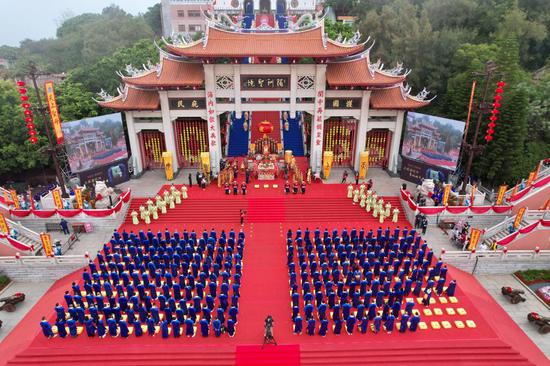
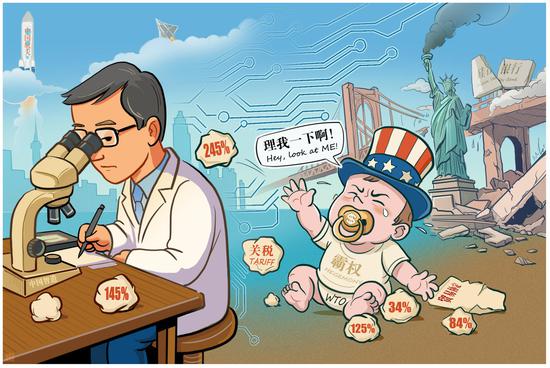




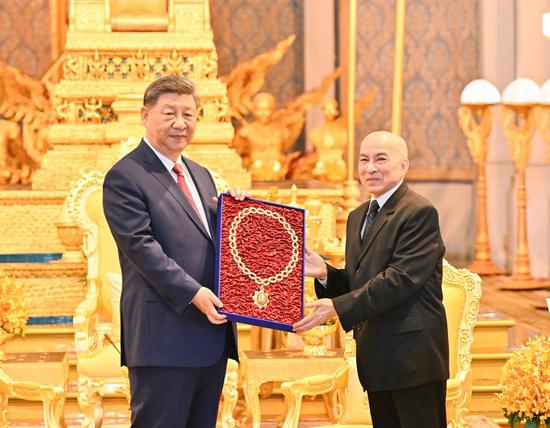
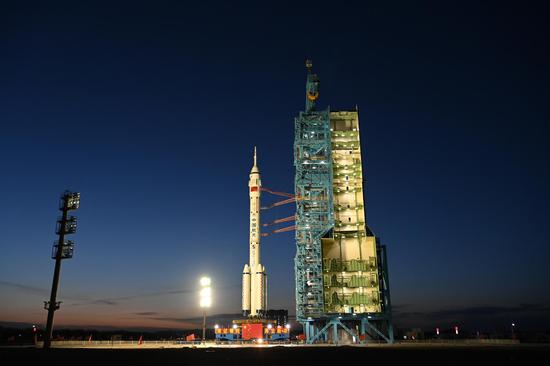

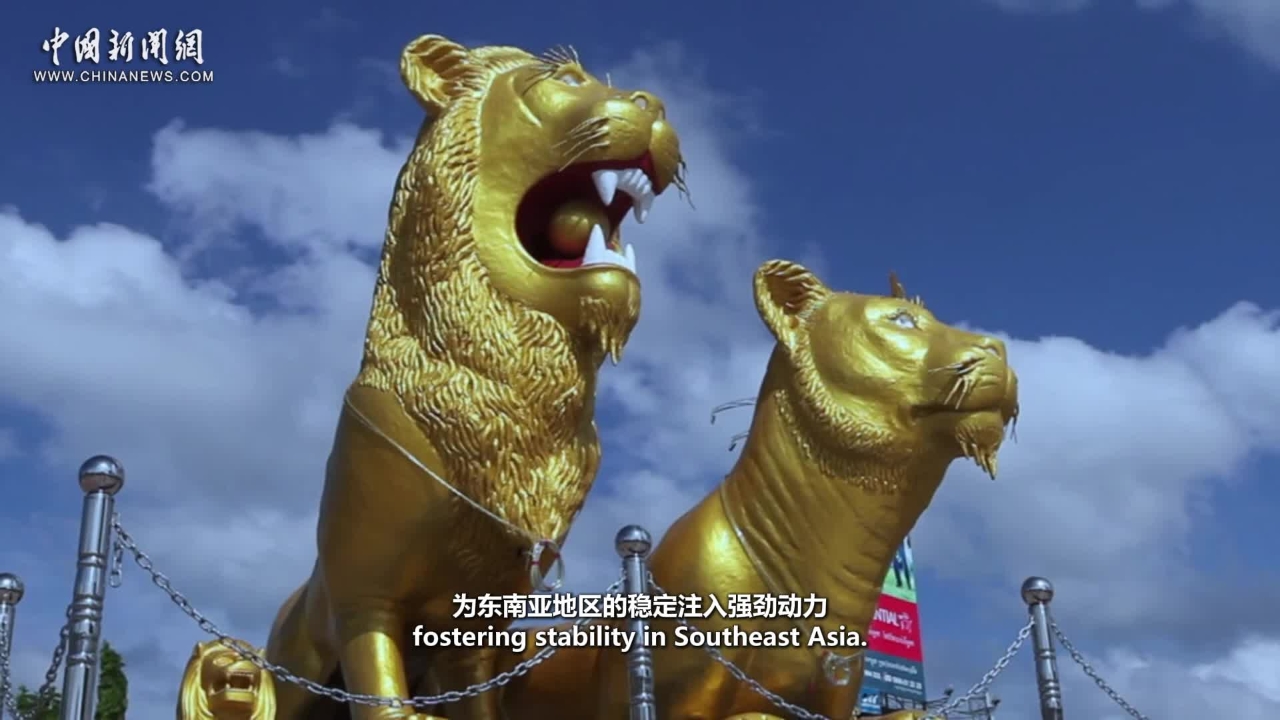



 京公網(wǎng)安備 11010202009201號(hào)
京公網(wǎng)安備 11010202009201號(hào)